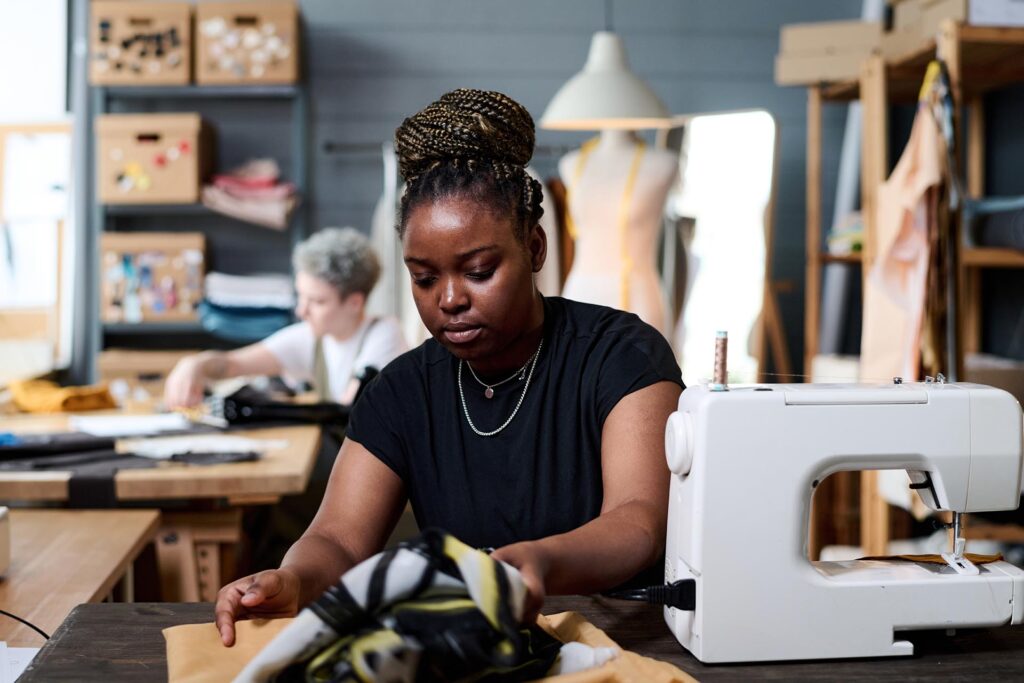I Am Next works with young people who are aging out of foster care, specifically young adults ages 18-24.
Across our various programs, we serve more than 70 young adults here in our home of Middle Tennessee. Every day, our team and our community work to expand our capabilities and grow the number of young people we serve.
The need is profound. For this group, there’s a widening gap between the support available through the state and what’s necessary to successfully transition to adulthood.
I Am Next is committed to standing in that gap.

What are young people aging out of foster care up against?
Statistics show that former foster kids face outsized challenges as they navigate the transition to adulthood.
They may be less likely to get a high school diploma, GED, or college degree, and more likely to face unwanted pregnancy. Many face periods of homelessness and have experiences with the criminal justice system. Unemployment is high, as is under-employment — making too little to live on or getting scheduled too few hours to qualify for employer-provided benefits.
These hurdles grow out of a lifetime of challenges.
Many young people in foster care have suffered physical abuse and emotional trauma.
As children, they may have faced:
- Exposure to alcohol and other drugs (including in utero)
- Parental abuse, neglect and abandonment
- Violence in their homes and communities
- Separation from birth families

'Normalcy' is rarely the norm in foster care.
Because foster care comes with its own policies, restrictions, and stigmas, older children often miss out on typical childhood experiences, including taking a summer job, having sleepovers at a friend’s home, getting a driver’s license, participating in sports and school trips, and going on family vacations.
Many children experience frequent foster placement changes, and that can mean losing touch with friends, teachers, mentors, and even siblings. Studies have shown that separation and the loss of important relationships can disrupt psychosocial, cognitive, and self-regulatory functioning later in life.1
Once “on their own,” many young people need to supply proof of employment and good credit and first and last month’s rent in order to secure a lease. Few of those aging out of foster care have access. Many are lucky to have someone’s couch to sleep on.
For too many former foster kids, this lack of consistency and stability leads to a sense of loss that hampers independence before it’s even had a chance to grow.
Dependable, reliable support and community are a way forward. We're here to be the safety net these young people need and deserve.

Get Involved
Our mission is only possible with the support of people who care, like you. Volunteers, partners, and donors make a huge difference in the lives of these young adults.




